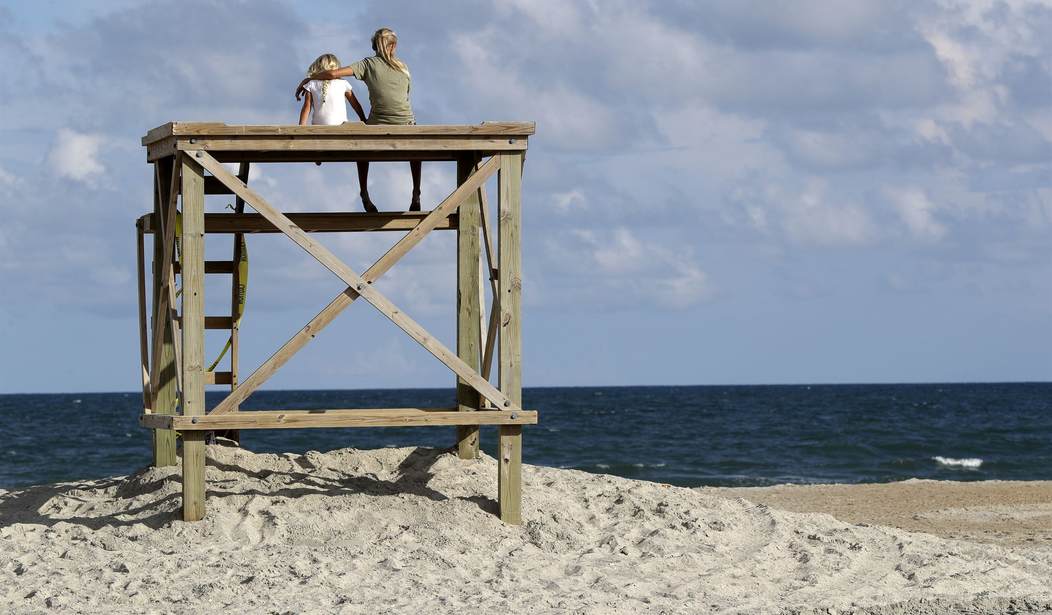They can’t wait until the storm dissipates to churn out the global warming-Apocalypto media narratives associated with Hurricane Ian. The massive category four storm that slammed into Florida this week had weakened, though it regained strength when it re-entered the Atlantic Ocean. It’s now barreling its way toward the Carolinas. Ian has chewed up the Sunshine State and will probably inflict more damage before it disappears, but this isn’t the storm of the century. Yet, as with any hurricane, the media treats it like something out of The Day After Tomorrow.
We should be shocked that Vox lobbed the most predictable headline regarding Ian: Hurricane Ian’s rapid intensification is a sign of the world to come.
Let me hurl cold water on the panic right now: we’re experiencing the calmest hurricane season in 30 years (via WSFA 12):
2022 is now officially the quietest start to an Atlantic hurricane season in three decades. If things continue to stay quiet it’s possible 2022 goes down as a record-holder.
One way to measure how active -- or inactive -- a hurricane season has been is by looking at something called accumulated cyclone energy. For the sake of saving time, I’ll refer to accumulated cyclone energy as ACE.
ACE takes into consideration the number of storms that form, how strong they get and how long they last. All of those components added together results in a number referred to as accumulated cyclone energy (ACE).
A typical hurricane season features about 122 ACE. That number comes from averaging the amount of ACE that occurred each year from 1991 to 2020. By August 26th the average Atlantic hurricane season generates 26.7 ACE. This year through August 26th? A measly 2.9 ACE.
The National Oceanic and Atmospheric Administration predicted an “above-normal” hurricane season in May. They were wrong. That’s not to marginalize the damage done by Ian, but, oddly, climate change activists have taken this view that hurricanes were somehow not as powerful as they are today. Look up the 1900 Galveston hurricane or the 1935 Labor Day system that made landfall in Florida with the maximum sustained winds of 185 miles per hour, the strongest of any landfalling Atlantic storm ever recorded.
Recommended
Ian was a major storm. There will be more in the future and many more beyond that. The forces of nature have always been epic and incredible in terms of power, and that’s not changing.

























Join the conversation as a VIP Member